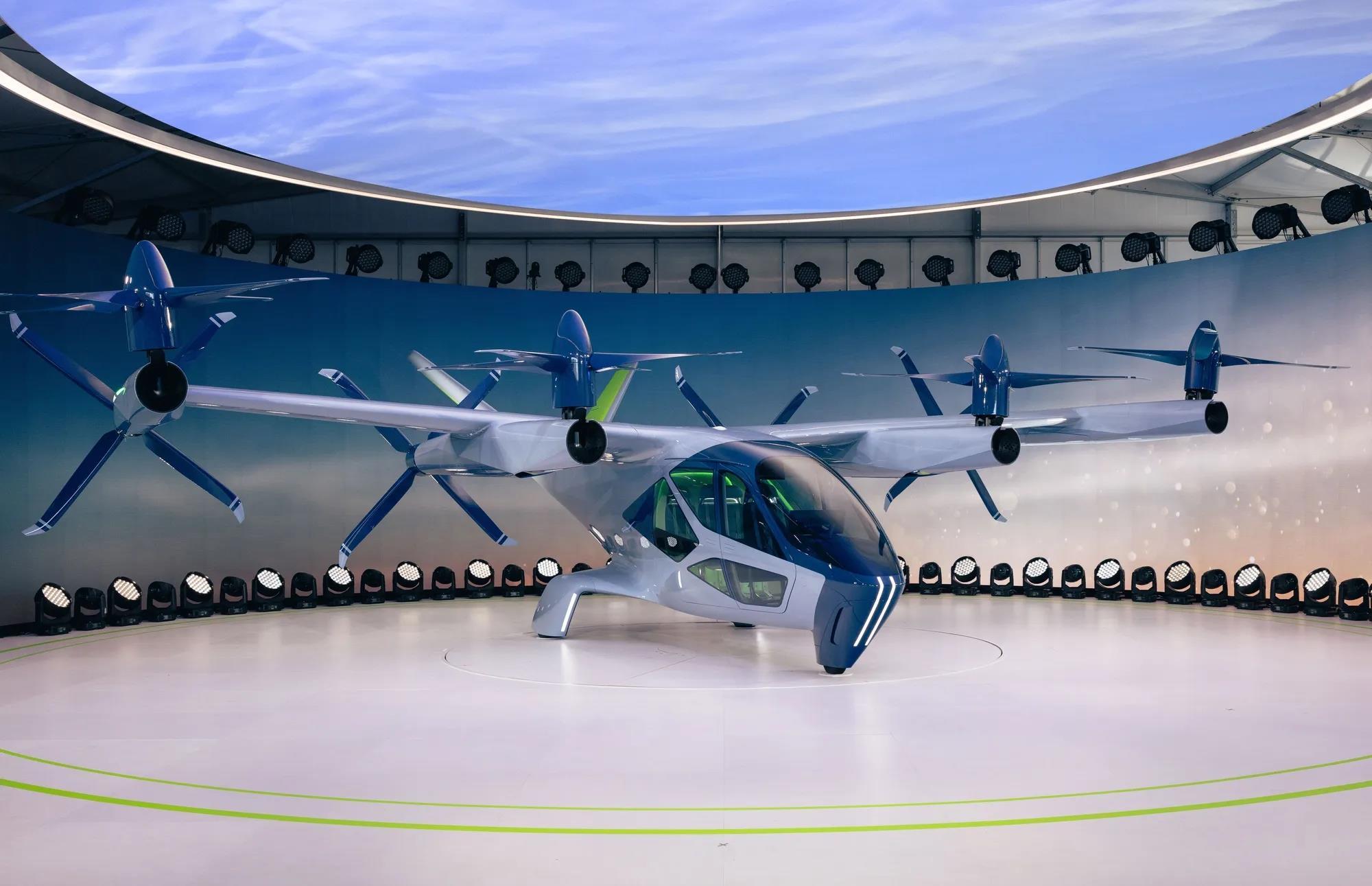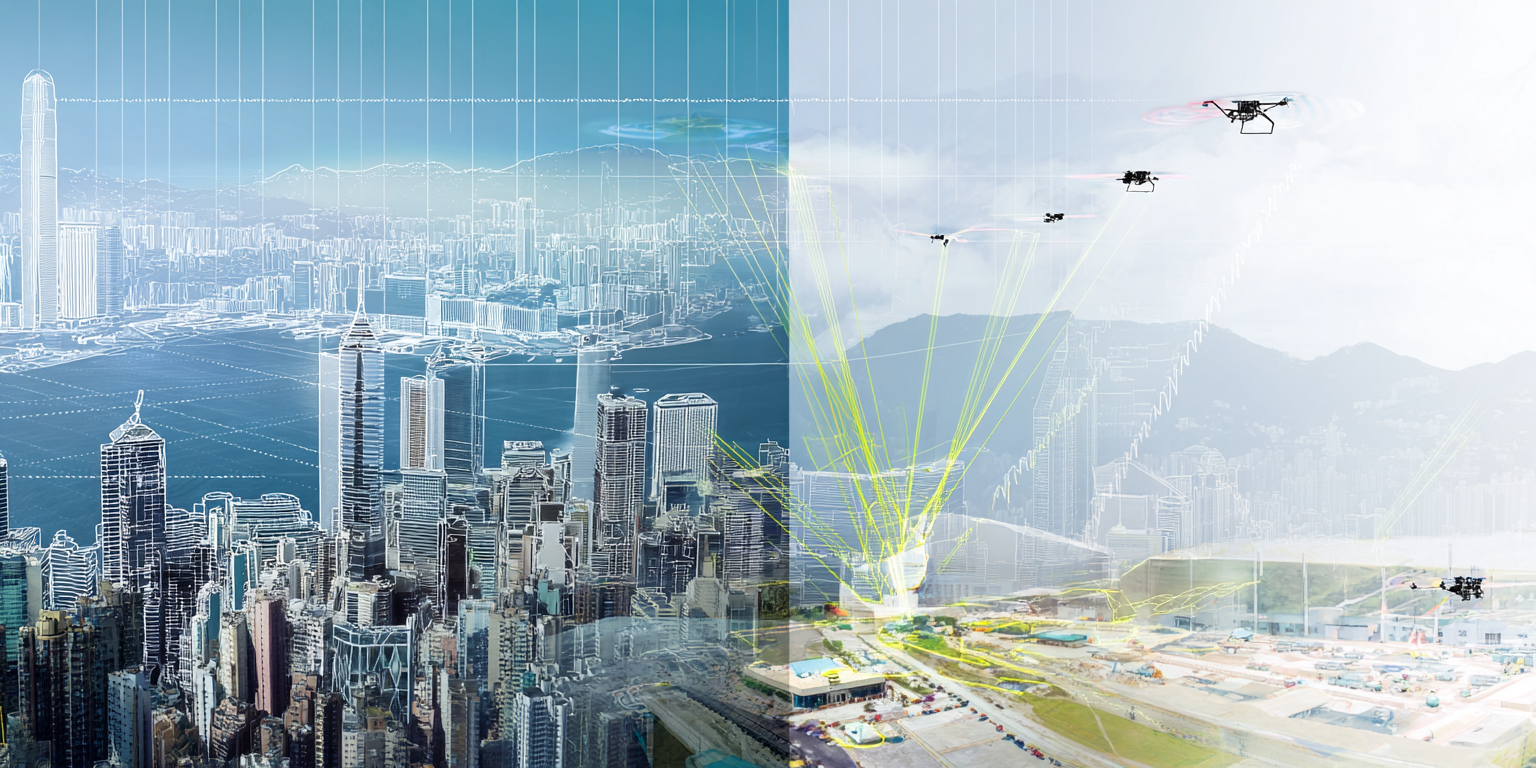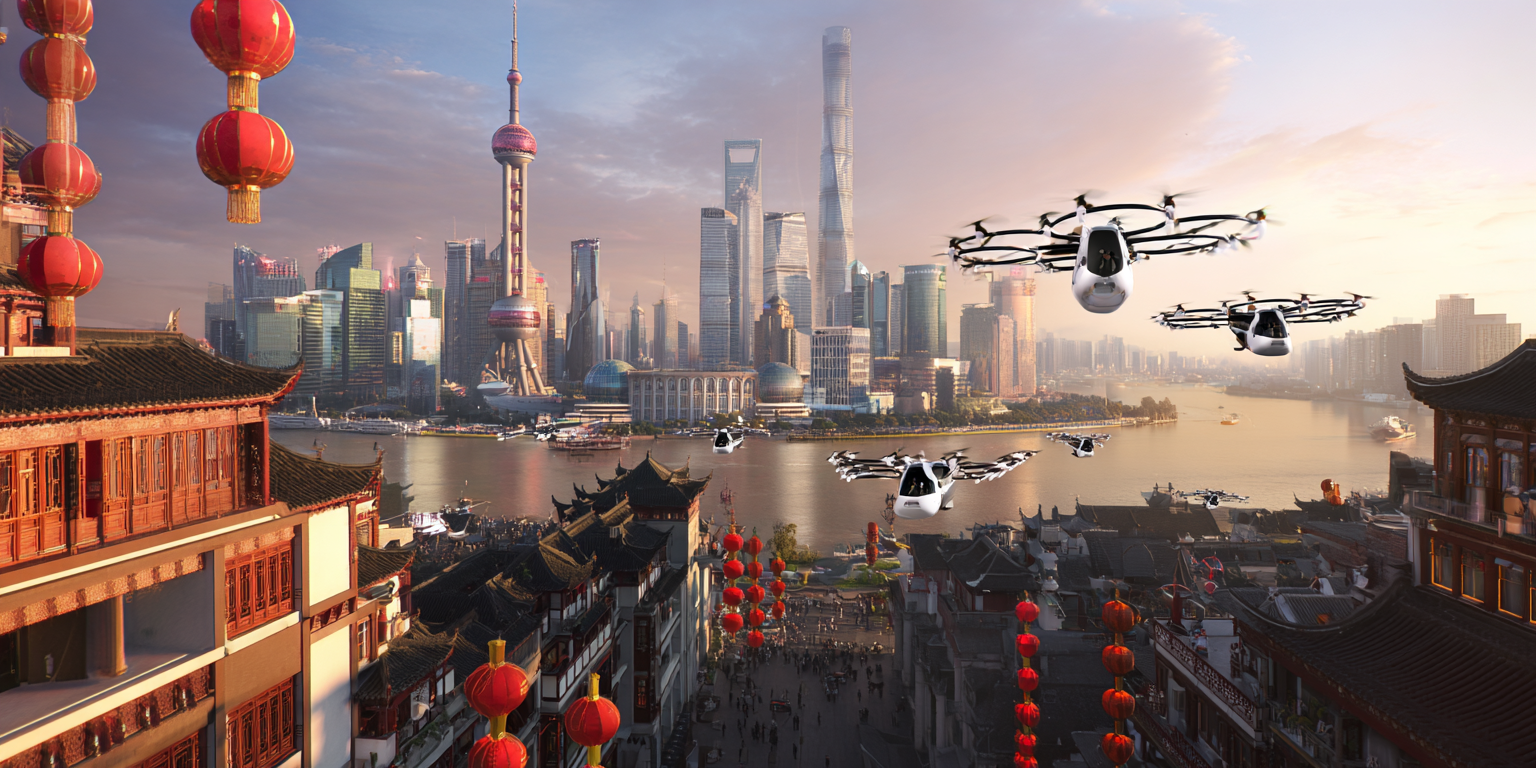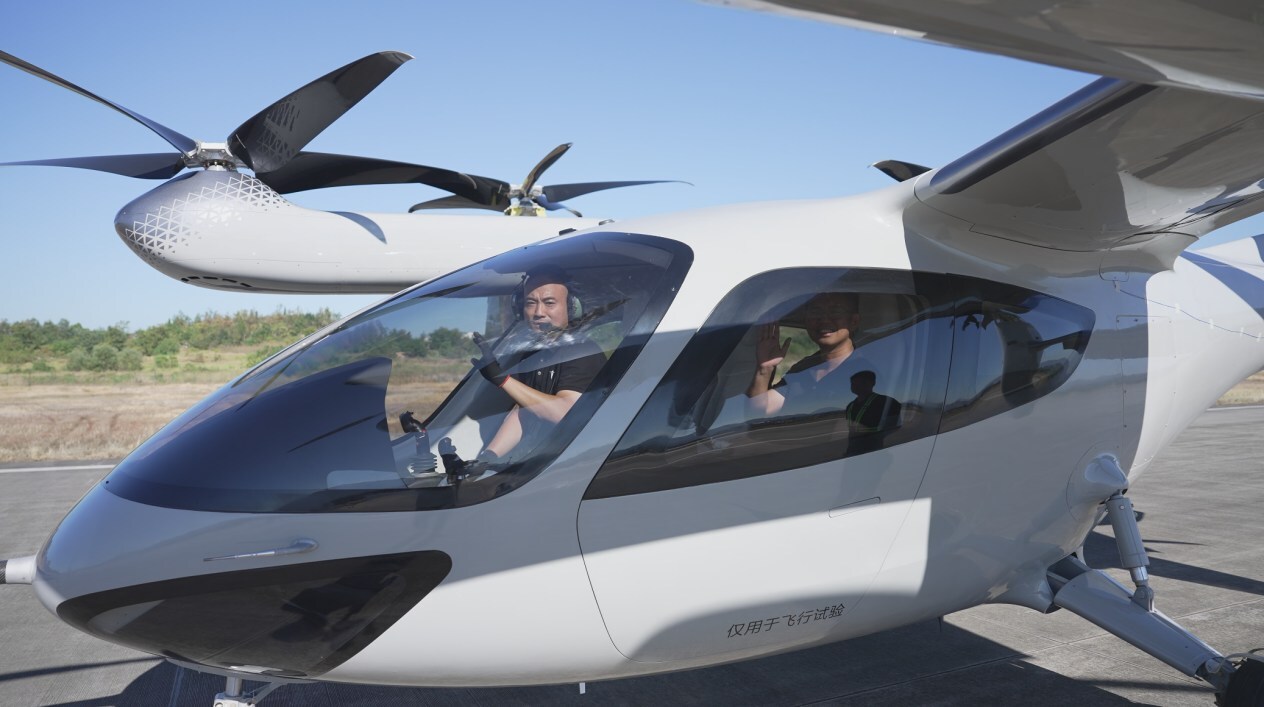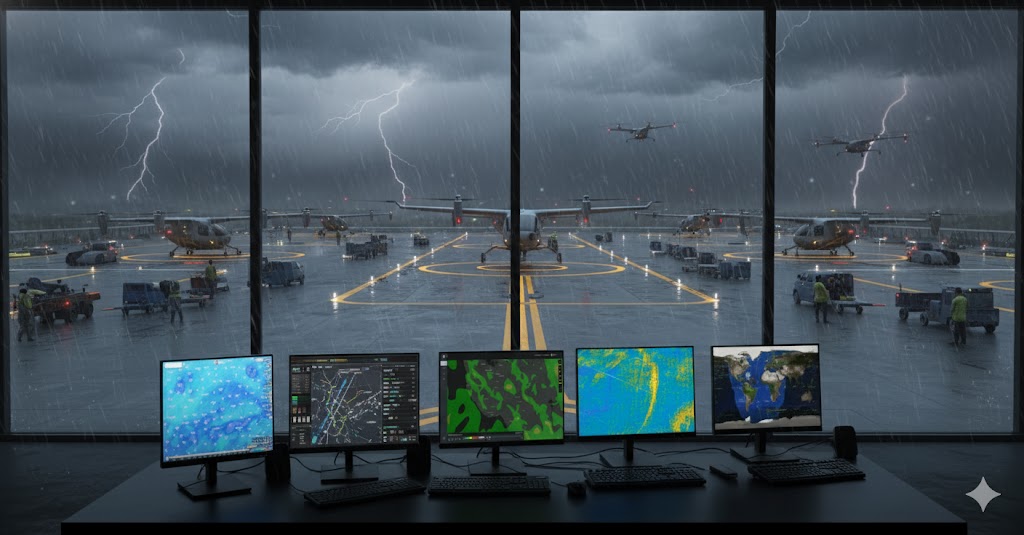The leadership transition comes amid a $6 billion investment and intensifying competition in the urban air mobility industry.
WASHINGTON, D.C. – August 29, 2025 – Supernal, Hyundai Motor Group’s advanced air mobility subsidiary, announced CEO Jaiwon Shin has resigned to assume an advisory role within the broader automotive conglomerate. David Rottblatt takes over as interim chief operating officer while the company searches for a new leader to accelerate its path to market.
The executive transition occurs as Hyundai commits $6 billion to Supernal’s development through 2028, part of a broader $21 billion investment strategy in the U.S. The South Korean automotive giant positions advanced air mobility as central to its future mobility portfolio, making the leadership change significant for industry observers tracking the competitive landscape.
“This transition reflects our evolution from technology development toward commercial execution,” said a Supernal spokesperson. The company targets 2028 for commercial operations with its S-A2 electric air taxi.
Technical Progress Continues Despite Leadership Change
Supernal maintains steady advancement of its S-A2 program. The company completed its first tethered flight test of a full-scale technology demonstrator in March 2025, validating key systems developed with partner GKN Aerospace. Production aircraft development begins in 2026.
The S-A2 features eight all-tilting rotors and a V-tail configuration, emphasizing modularity that allows battery upgrades and system improvements without complete redesigns. Testing occurs at Mojave Air and Space Port, where the company follows conservative aerospace development practices.
Industry Consolidation Creates Competitive Pressure
Shin’s departure occurs as the eVTOL industry consolidates, with over 100 initial developers narrowing down to approximately six companies that command significant funding. Each pursues distinct strategies for achieving commercial viability.
Joby Aviation leads Western certification efforts, with the final assembly of its first FAA-conforming aircraft scheduled for August 2025. The California company has completed 70% of the Stage 4 certification requirements, while the FAA has finished over 50% of the evaluation tasks, positioning Joby for potential mid-2026 certification.
Archer Aviation demonstrated its technical capabilities with the Midnight aircraft, completing transition flights that exceeded 100 mph. The company holds Part 135 and Part 145 certificates, enabling it to conduct commercial operations and maintenance.
International competition intensifies as EHang achieves the industry’s first type certification, with China approving its EH216-S in October 2023. The Chinese company is now operating commercially, delivering 50 aircraft to tourism operators in Guizhou Province.
European programs face challenges. Volocopter filed for insolvency before China’s Wanfeng Group acquired the company in March 2025. Lilium collapsed twice in 2025, despite utilizing sophisticated technology and receiving substantial orders.
Automotive Heritage as Competitive Advantage
The leadership change signals Supernal’s shift toward leveraging Hyundai’s manufacturing expertise more aggressively. The automotive company’s production capabilities provide potential scaling advantages that pure-play aviation startups lack.
Supernal’s modular design philosophy aligns with the automotive industry's approach to product lifecycle management. This approach allows system upgrades as battery technology advances and regulations evolve.
Strategic partnerships with Korean Air and other international operators provide access to the Asian market, where Western competitors maintain a limited presence.
Market Timing Strategy
Supernal’s 2028 commercial target positions the company to benefit from infrastructure development and regulatory clarity achieved by earlier entrants. This calculated approach contrasts with competitors pursuing immediate certification while facing operational limitations.
The substantial Hyundai investment raises funding requirements across the industry, accelerating consolidation as companies without similar backing face difficulty securing capital.
About Supernal
Supernal, established in 2021 as Hyundai Motor Group’s advanced air mobility subsidiary, develops electric vertical takeoff and landing aircraft for urban transportation. The company’s S-A2 air taxi targets 2028 commercial entry with partnerships spanning Asia-Pacific markets
